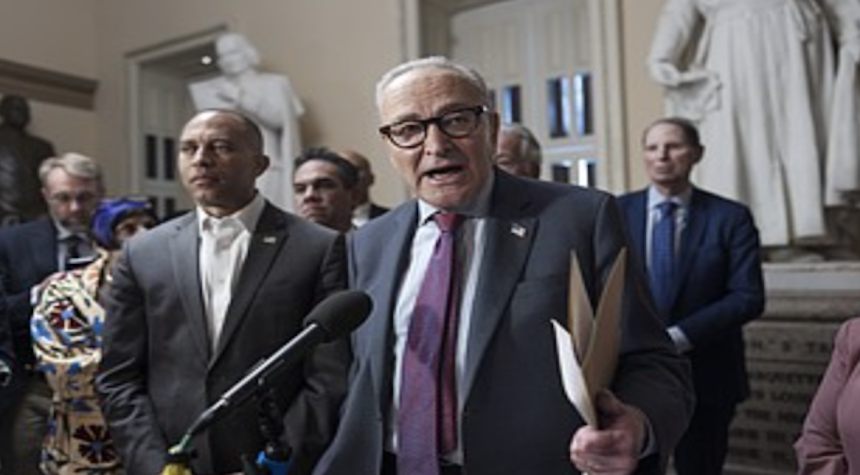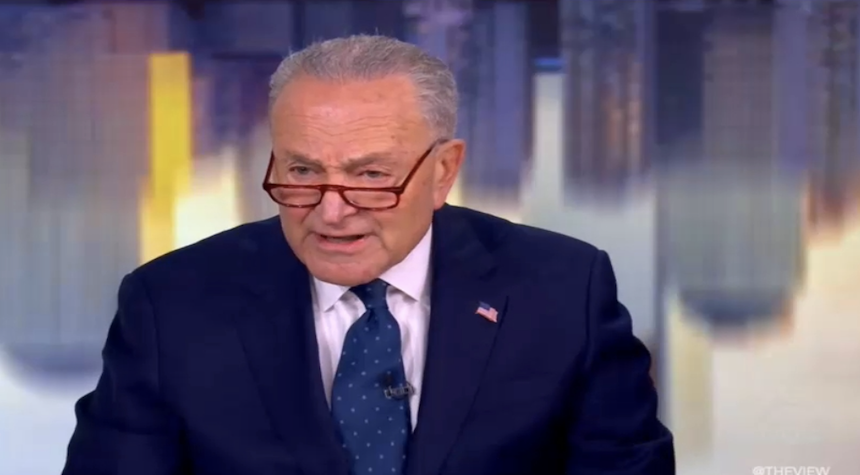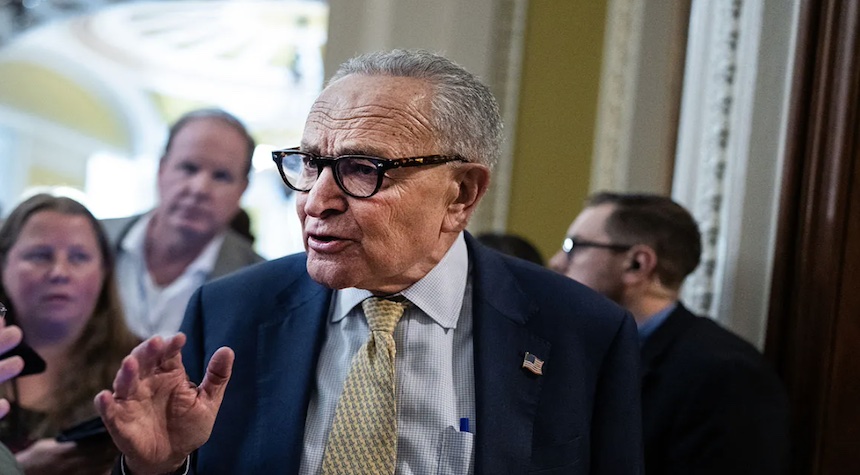Senate Democrats appear to have shifted their position on the threat of a government shutdown, a move that has drawn criticism from their Republican counterparts. Earlier this year, these same Democrats voted to keep the government open, citing concerns over potential mass firings and spending cuts. Now, with a September 30th deadline looming, they seem prepared to withhold the votes necessary to avert a partial shutdown.
Senate Minority Leader Chuck Schumer and his Democratic colleagues have hardened their stance during Congress’s recent recess. This position stands in stark contrast to their actions in March when, faced with a similar situation, they ultimately voted to fund the government.
Also Check Out: Vance Mourns After Mission BBQ Co-Founder’s Son Killed While Serving in Army
In March, Democrats expressed fears that a shutdown would give the Trump administration and the Office of Management and Budget (OMB) unchecked authority to make decisions about essential personnel and services. Senate Majority Leader John Thune recalls their argument: “You don’t want to give Trump carte blanche to do whatever he wants to do with these government agencies.”

We find that the OMB has recently circulated a memo directing mass firings of federal employees beyond typical shutdown furloughs. Senator Schumer has dismissed this as “an attempt at intimidation,” stating that such actions are not new and may face legal challenges or eventual reversal.
The significance becomes clear when we consider the Democrats’ current demands. They have proposed a counteroffer to the Republican continuing resolution, which includes extending Obamacare subsidies and reversing certain Trump administration policies. Senator Richard Blumenthal cites the absence of language addressing these subsidies as a key reason for opposing the Republican proposal.
Republicans accuse Democrats of hypocrisy, pointing to their previous votes to keep the government open. Senator John Hoeven notes, “They passed 13 short-term resolutions during the Biden administration, and 96% of the Democrats voted for it.” Democrats, for their part, argue that their stance is a response to what they view as harmful actions by the Trump administration against federal workers and contractors.

This development follows earlier reports that only one Senate Democrat, John Fetterman of Pennsylvania, publicly supports the Republican funding extension. Fetterman warns that a government shutdown could unleash unnecessary chaos, particularly if the administration is given free rein to implement cuts or firings.
The evidence suggests that negotiations are ongoing, with Republicans indicating a willingness to discuss Obamacare subsidies after averting a shutdown. However, this assurance has not yet swayed the majority of Senate Democrats.
As the September 30th deadline approaches, the situation remains fluid. The significance of this political standoff should not be overlooked, as it has potential consequences for millions of Americans who rely on government services and employment.


